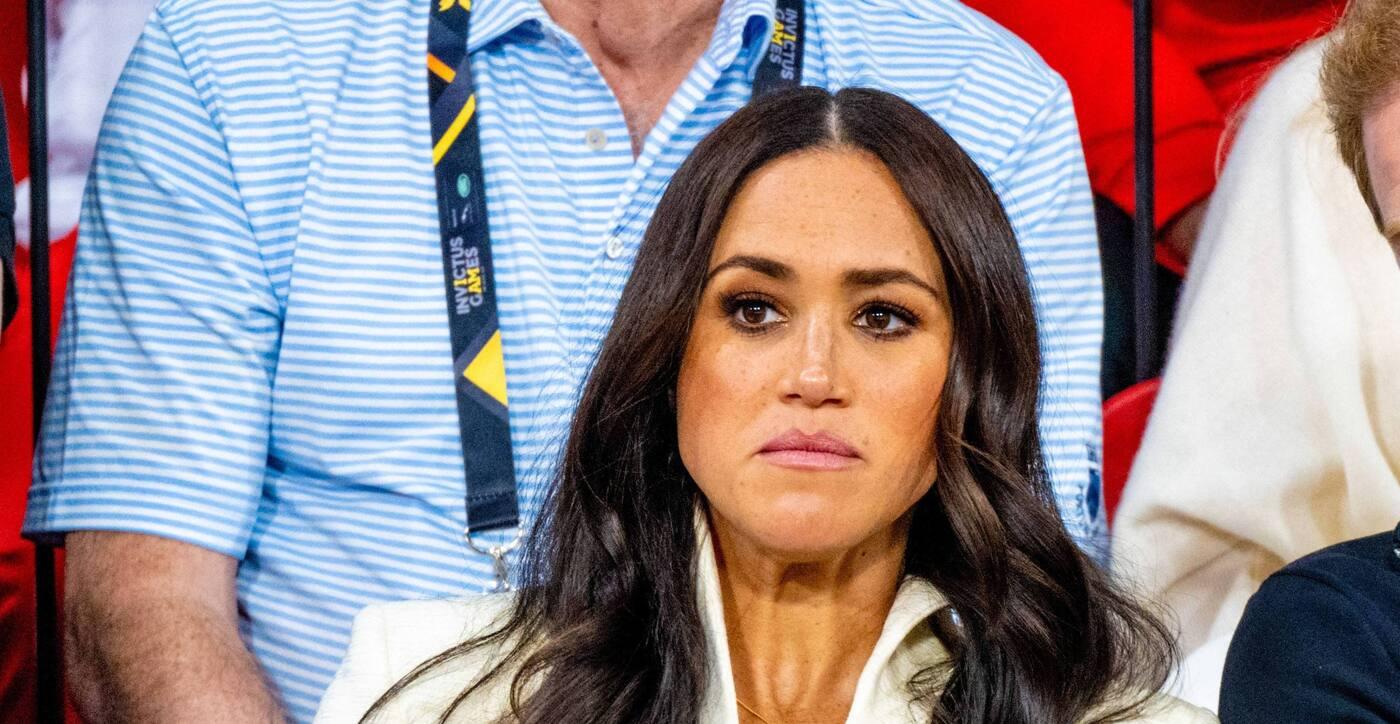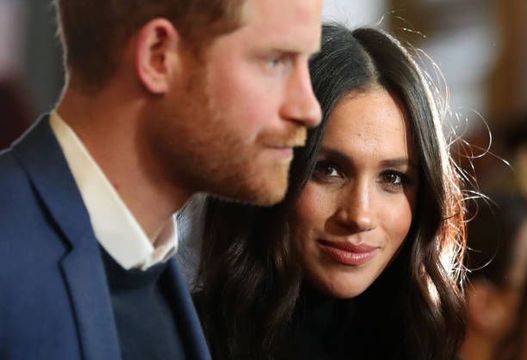
In recent developments, Whoopi Goldberg has openly criticized Meghan Markle during an episode of The View, targeting her transformation from a “yacht girl” to a royal figure. This controversy revolves around Meghan’s portrayal of her early career experiences, particularly her role on the show Deal or No Deal, where she felt objectified. Markle, during an episode of her podcast Archetypes, claimed that her time on the show reduced her to a “bimbo” archetype, and she expressed discomfort with being seen as all “looks and little substance.”
Goldberg, however, took issue with Meghan’s perspective. While acknowledging Markle’s right to feel objectified and leave the show, Goldberg argued that her portrayal of her experiences might undermine the dignity of other women on the show. Goldberg emphasized that many women on such shows, including Markle’s colleagues, were simply trying to make a living and may not have shared her feelings. Whoopi went on to say that as a performer, one often takes jobs that might not align perfectly with their personal values but are a necessary part of their career journey. She mentioned that shows like Deal or No Deal focus more on the entertainment factor and the money involved, not solely on objectifying the women involved.

Goldberg’s criticism wasn’t limited to this issue. She also pointed out what she called a broader trend in Meghan’s journey from an entertainment industry figure to a member of the royal family, a shift Goldberg labeled as part of a strategic transformation into a “fairy tale princess.” The host’s comments sparked debate online, with many defending Meghan’s right to express her own experience, while others echoed Goldberg’s sentiment that Markle might be exaggerating or misunderstanding the nature of her former job.
The underlying tension in this criticism relates to Markle’s broader public persona. Before marrying Prince Harry and becoming a global figure, she worked in various acting roles. Critics like Goldberg argue that Markle’s retelling of her past jobs reflects a broader effort to reshape her image, distancing herself from those early experiences. This transformation, Goldberg implied, could be seen as opportunistic, casting Markle in a negative light for allegedly trying to reframe her life narrative in a way that highlights her rise from an ordinary “yacht girl” to a royal icon.

While Meghan continues to navigate her complex public image, Goldberg’s comments have reignited discussions about the Duchess of Sussex’s rise to fame and the balance between individual narratives and collective experiences. Some viewers agree with Goldberg, feeling that Markle’s public complaints may alienate those who worked alongside her, while others argue that Meghan has the right to speak her truth, even if it sparks discomfort among former colleagues or critics.
:max_bytes(150000):strip_icc()/The-View-052623-932415bc298543b5a9d4a2c9cc650102.jpg)
In this broader context, Whoopi’s remarks, calling Markle a “chameleon” for her ability to transition into a royal role, add fuel to the ongoing debate over Meghan’s motivations, career trajectory, and place in the public eye. The Duchess has faced similar critiques in the past, especially regarding her decisions and statements after leaving the royal family.

